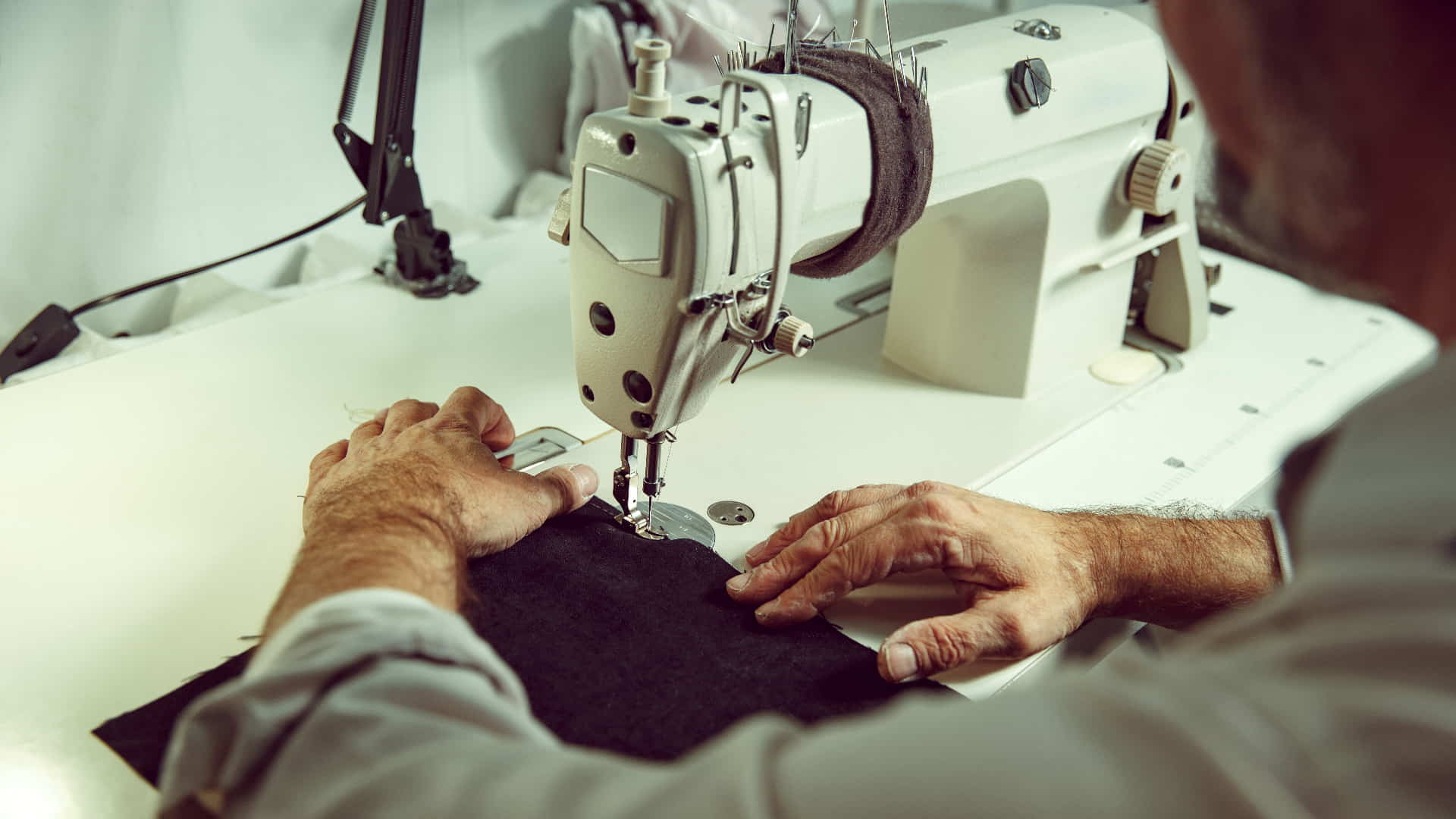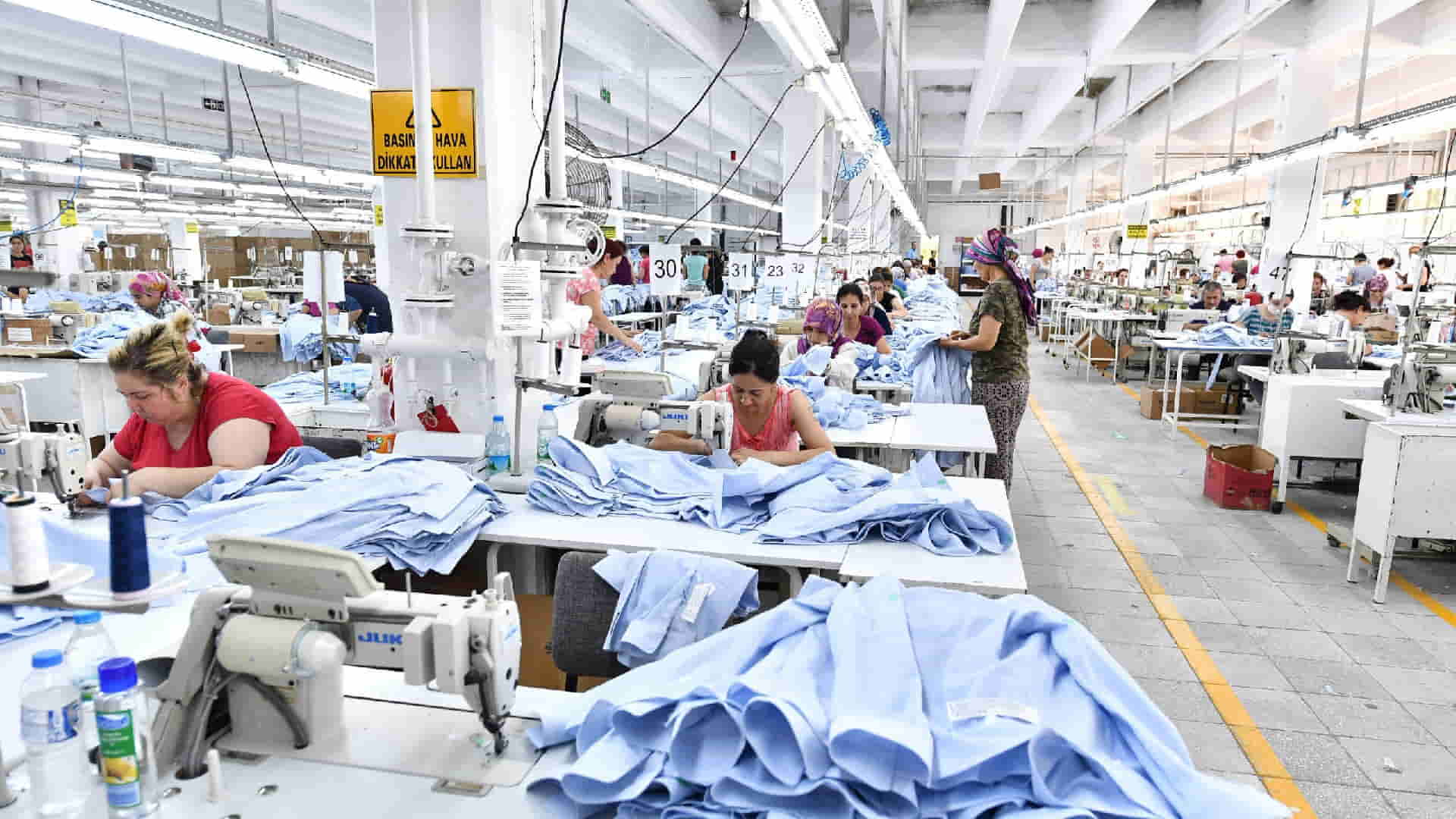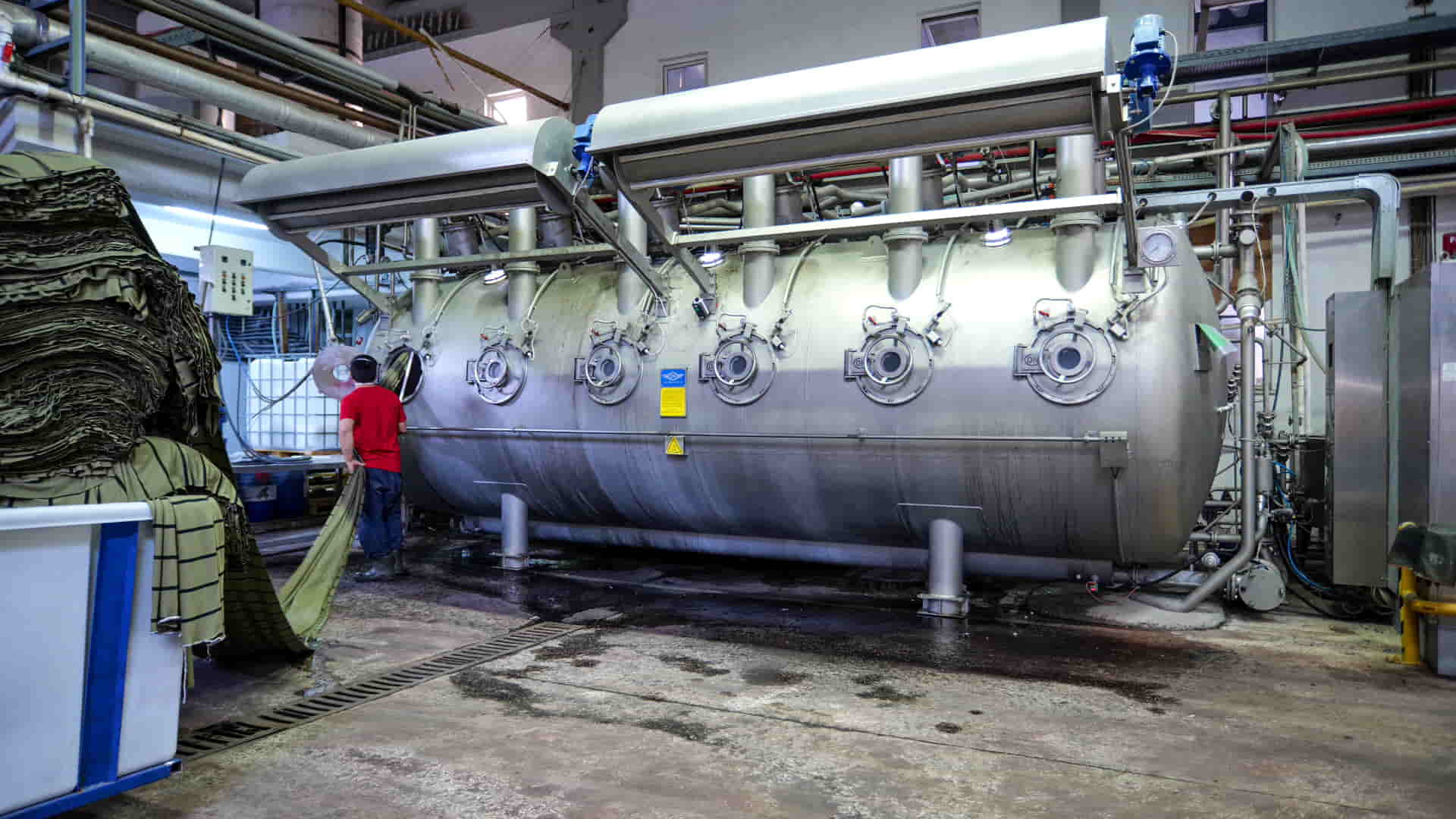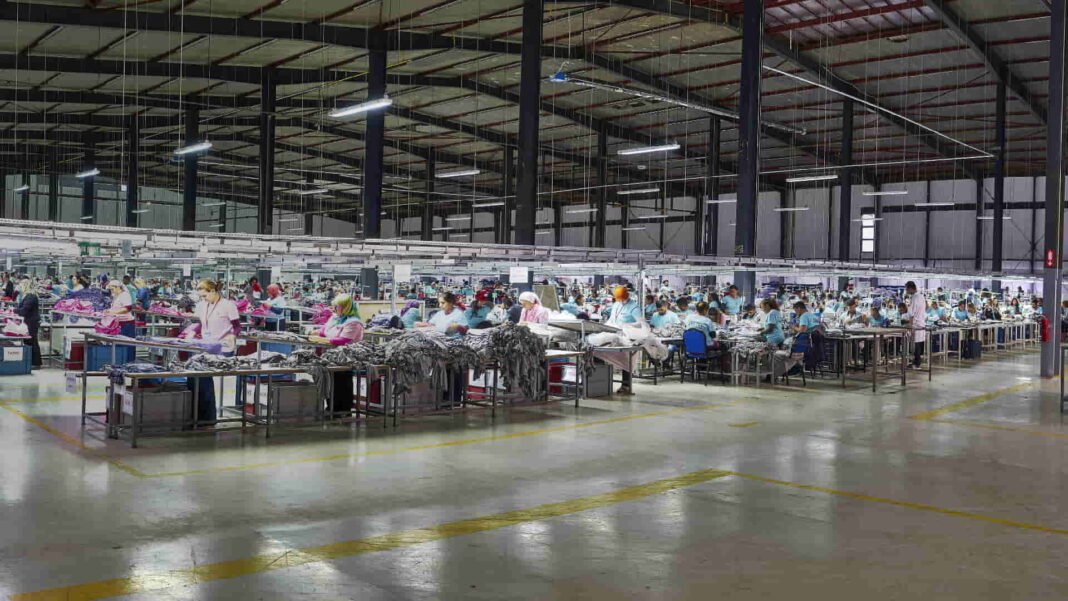Social sustainability in the textile and apparel industry, which is labour-intensive and one of the most important items of exports in Türkiye and in the world, remains in the background of environmental and economic dimensions of sustainability and it generally does not get mentioned beyond as a footnote in the statements made by industry stakeholders. As a matter of fact, the Textile Strategy announced by the European Commission in April of this year was criticized by civil society groups for its incomplete handling of the social dimension. In addition, apparel brands are also called upon to disclose the entire supply chain, fulfil all inspections and publish them regularly, while deficiencies in government inspections and sanctions continue to be the subject of discussion in the industry.
Social sustainability is a must for a truly sustainable textile industry
Although sustainability is still mostly touted with its environmental dimension, some academic studies point out that it cannot be a sustainable structure as a whole if the requirements of each component of sustainability are not properly met. Social sustainability, in short, means increasing the quality of life and welfare by meeting the needs such as health, nutrition, shelter and education for all segments of society, and it plays a key role in solving problems such as unregistered employment in the textile sector, obstacles to unionization and poor working conditions.

Although 1.26 million people are employed in the sector according to official data, research shows that the actual figure is close to 3 times what was announced, according to the report titled ‘Türkiye Textile Industry Profile and Living Wage’ published by the Clean Clothes Campaign in June 2022. It is stated that the main reasons for the increase in unregistered employment are the structure of the sector, the abundance of small-scale enterprises, the weakness of the control mechanisms and the pressure of cheap production. Researches also reveal that the migrant workforce in the sector is quite high.
While 50 collective bargainings were signed in the weaving, apparel and leather sectors in 2019, they include 204 workplaces and 41,531 employees. Considering only the 602,800 registered employees in the apparel sector, the unionization rate is 6.8 percent. 14 labour unions are operating in the sector as of January 2020. One of the biggest obstacles for unions to make collective bargaining is the requirement that the ratio of the employees organized across the sector be above 1 percent of the total employees in the sector.

Potential production to shift from Asia to Türkiye comes with the expectation of cheap labour
In another publication titled ‘What Textiles Leave Behind: Unregistered Employment in the Textile Sector’, it is underlined that despite the legislation regulating the work area and the code of conduct of global and local brands, unregistered employment in textiles in Türkiye is experienced as a heavy social phenomenon, and policy recommendations are made regarding this. It is stated that the construction of the textile sector on the basis of ‘cheap labour’ in Türkiye should be stopped as the most general policy proposal, and the following is pointed out:
“With the pandemic, Türkiye’s production-based export potential is being talked about again, emphasizing the distance of Asian markets. It is pointed out its importance as close production geography for Europe. However, the potential production to shift from Asia to Türkiye comes with the expectation of cheap labour. In order to increase Türkiye’s production capacity, there is a need not only for demand, but also for modern production facilities, updated and fair employment policies of the government, and the transparent and meticulous implementation of supplier rules by brands. Otherwise, this cheap labour issue, combined with the expectations of fast fashion and the outsourcing practices of brands, has a strong impact on the continuation of the unregistered employment problem. Stakeholders in the sector need to be aware of this factor in their fight against unregistered employment. The consumer also needs to learn about these structural pressures imposed by the production style of the sector and be aware of the violations of rights behind the rapid and cheap supply of new products.”

Solution in the fight against unregistered employment is information and inspections
Concrete policy recommendations are grouped under two headings in the study: ‘Information’ and ‘Inspection’. It is pointed out that the state and brands are responsible for spreading the principles that regulate the registered employment of everyone in their legislation and rules at the social level, and that the employers strengthen the ground for unregistered employment by providing false or incomplete information. It is mentioned that this makes inspecting difficult, and the steps to be taken in this context are listed as follows:
Brands should disclose all undisclosed suppliers in their supply chain and spread the code of conduct for suppliers to consumers, employers and employees. Relevant units of the state should first spread what it means to be employed with insurance, all the rights that come from it, and then the harms of unregistered employment, with means such as public service announcements or brochures. The government should require all workplaces to post posters on the importance of registered employment and insurance, the legal obligation, and the legal rights of registered employees. The state should regularly share the statistics to be updated as a result of its inspections on unregistered employment and child labour, both with the sector stakeholders and the society.
The study also includes suggestions for inspection policies, noting that they are very few and are not inspecting the employment, but the quality of the work for the brands and the formality of the workplace. Some of these are explained as: Brands should inspect all links of the supply chain, including the small workshops involved when work is delayed. Brands should have all inspections performed by independent institutions and regularly publish their reports publicly. The state must inspect the number and composition of employees in all workplaces with a tax plate in terms of the ordinary course of business, proportionality and suitability to the activity of the enterprise. There should be deterrent penalties as a result of state inspections.
All stakeholders of the sector, from government mechanisms to apparel brands, from manufacturers to consumers and non-governmental organizations, have an important role in taking effective steps towards improving working conditions, regulating and complying with the legislation within the scope of social sustainability in the textile industry. In light of this data, it is seen that the social dimension of sustainability should be taken as seriously as its environmental and economic aspects.
